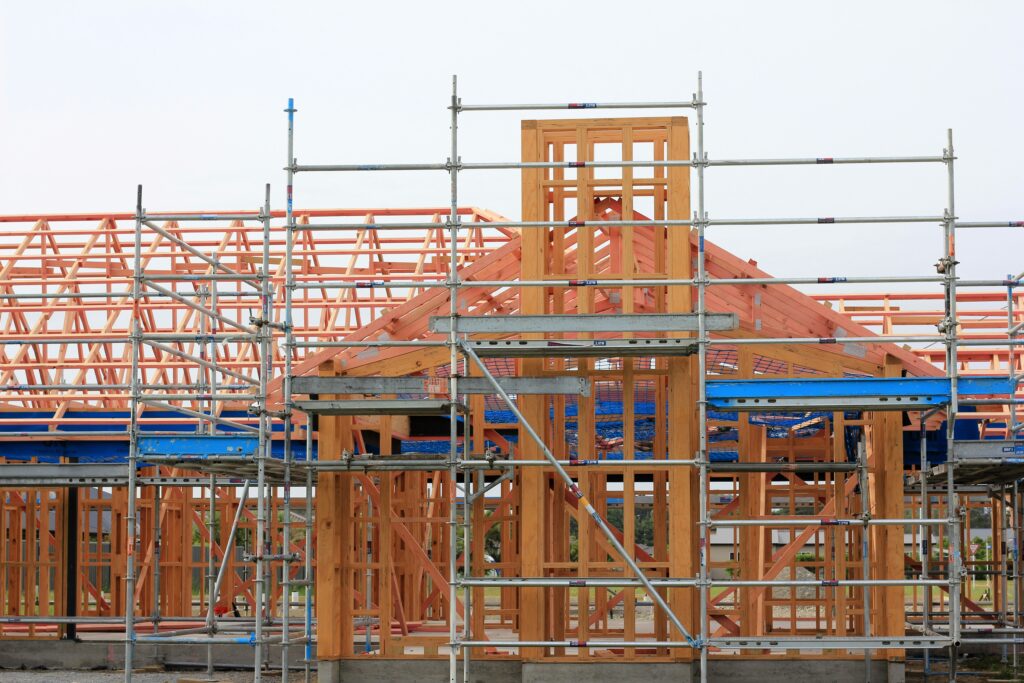 How To
How To
04/02/2025
Selling a house in probate is often a complex and emotional process that involves navigating legal procedures, handling paperwork, and ensuring the property is properly marketed. In this blog, we’ll guide you through the essential steps to selling a probate property, from obtaining probate to completing the sale.
Probate can significantly affect the sale of a house, as it involves legal processes to settle the deceased’s estate. Before the property can be sold, the court must approve the executor’s actions, and any outstanding debts, taxes, or liabilities must be settled. The property may also require a formal appraisal to establish its value. The sale process, however, can be delayed if there are multiple heirs or disputes, and it may take longer than a standard property transaction. Additionally, buyers may need to wait for probate to be finalised before completing the purchase, which can affect their financing and timeline.
The time it takes to sell a house in probate can vary depending on several factors. Most commonly, the complexity of the estate, local regulations, and whether any disputes arise have the most impact on the amount of time a house in probate tasks to sell. On average, the probate process takes anywhere from 6 to 12 months, but selling the property can sometimes extend this beyond this timeline. Before a house can be sold, the probate court must approve the executor’s actions, and any debts or taxes must be settled. The property may need to be appraised, and if multiple beneficiaries are involved, agreements must be reached. Thankfully, working with a probate specialist estate agent can help to expedite the process.
The process of selling a house in probate typically follows certain stages which ensure that all the necessary legal requirements are met. These include:
To apply for probate, you need to be the executor named in the will or an administrator if there’s no will. Required documents include the deceased’s will (if available), their death certificate, and an inventory of assets and liabilities. You’ll submit these to the probate court for approval.
Probate valuations for property are crucial in determining the fair market value of real estate within the deceased’s estate. This valuation helps establish the estate’s worth for tax purposes and ensures proper distribution among beneficiaries. A qualified surveyor or property appraiser typically conducts the valuation to meet probate court requirements.
Inheritance tax may be due on a property in probate if its value exceeds the tax-free threshold set by the government. The executor is responsible for calculating and paying the tax before distributing the estate. The property can be sold to cover the tax liability if necessary.
Once probate has been granted, you’ll be able to decide how you want to sell your property. Handling the sale of inherited property can present added stress, with consuming and potentially fraught interactions with solicitors following the passing of the deceased. Estate agents, like Michael Anthony, can support you throughout the process, handling everything from viewings to conversations with solicitors.
Accepting an offer and exchanging contracts on a house in probate requires the executor’s approval. Once the property is under probate, the executor must ensure all legal and financial matters are settled. After obtaining the Grant of Probate, contracts can be exchanged, and the sale process proceeds as usual.
Completing the sale of a property in probate requires the executor to finalise legal and financial matters, including settling any outstanding debts or taxes. Once this is complete, the buyer can take ownership of the property, with the executor transferring the title and proceeds.
Selling a house in probate can present several challenges. The most common challenges are often delays in the probate process itself, which can take several months to complete. The property may need repairs or updates before it can be sold, adding time and expense. Additionally, if there are multiple beneficiaries or family disputes, reaching an agreement on the sale can be difficult. In some cases, the property’s value may need to be appraised, which can delay the sale further. Probate-related taxes or debts also need to be settled before any distribution, which can complicate the process and extend timelines.
At Michael Anthony, we specialise in selling properties in probate, offering expert guidance through the often complex legal and administrative process. Our team understands the nuances of probate sales, ensuring a smooth experience for executors and beneficiaries. With our extensive local knowledge and experience, we can even help you to effectively market the property to achieve the best possible selling price. Whether you’re dealing with a straightforward sale or a more intricate probate case, Michael Anthony’s team offers reliable, compassionate assistance every step of the way.
Get in touch today and chat with a friendly member of our expert team about the property you’re looking to sell.